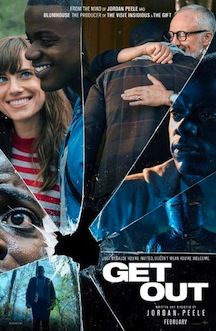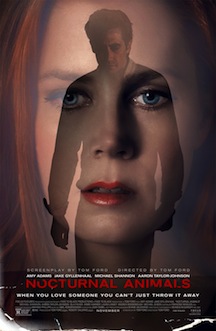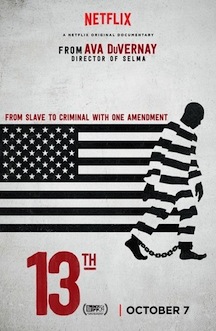Directed by Terence Davies
Country: UK / Belgium
English writer/director Terence Davies is known for his mature, if sometimes too formal, dramas such as “House of Mirth”, “The Deep Blue Sea”, and “Sunset Song”. Regardless his remarkable aptitudes in adapting period novels and plays to the big screen, it was with a moving, intimate documentary/biography entitled “Of Time and the City” that he impressed me the most.
He’s back this year with “A Quiet Passion”, an earnest biopic about the American poet Emily Dickinson, whose life included many years spent in reclusive isolation.
The main role was given to Cynthia Nixon (mostly famous for “The Sex and the City” TV series), who played Emily in her maximum dramatic force and adaptable capabilities, while Keith Carradine, Catherine Bailey, Jennifer Ehle, and Duncan Duff are devout to the supporting roles.
Very attached to her family, Emily was condemned to be an eternal spinster who couldn’t cope with the idea of marriage, despite the transient secret infatuation with Reverend Wadsworth (Eric Loren), whose inflamed sermons easily reached her heart. The narrative assertively focuses on her unflinching ideas about family, religion, friendship, and morality, and shows her muted indignation with the publishers of the time, who used to alter the punctuation marks of her poems without her consent.
The joyful and sad moments in the poet’s life are manifestly uneven in amount since she grew lonely, bitter, and sick in the last phase of her earthly existence. Seizures became frequent and Emily chose to abandon social life by refusing to leave her room for several years.
Davies’ style was noticeable since the first frames – almost absence of music, rigorous image composition (photography is by Florian Hoffmeister), mannered and clear speech lines, and interesting use of light and shadow within the evocative settings.
Emily’s poetry is as honest as “A Quiet Passion”, another compelling move from Terence Davies and a classy entry in his refined, selected filmography.




























































